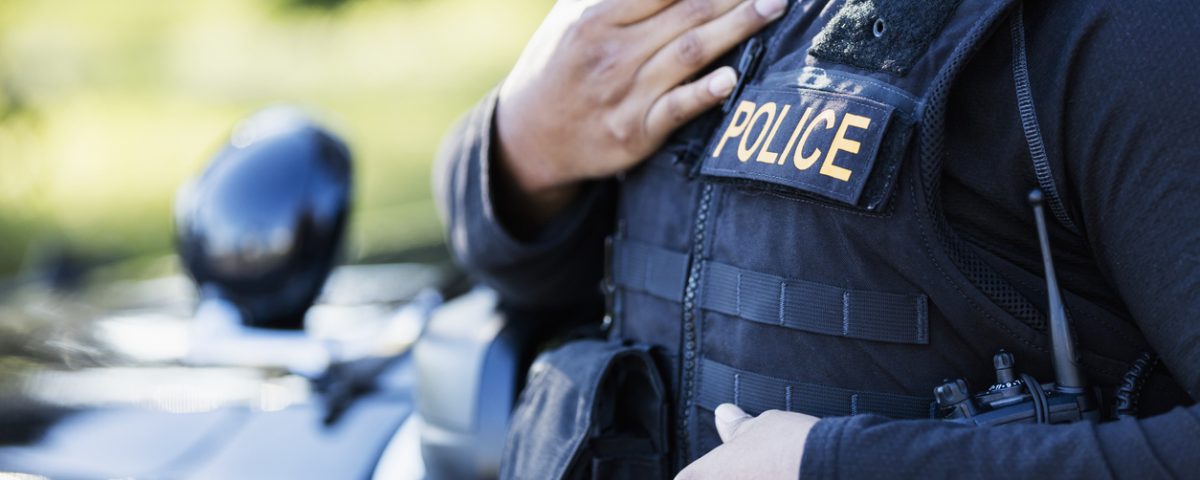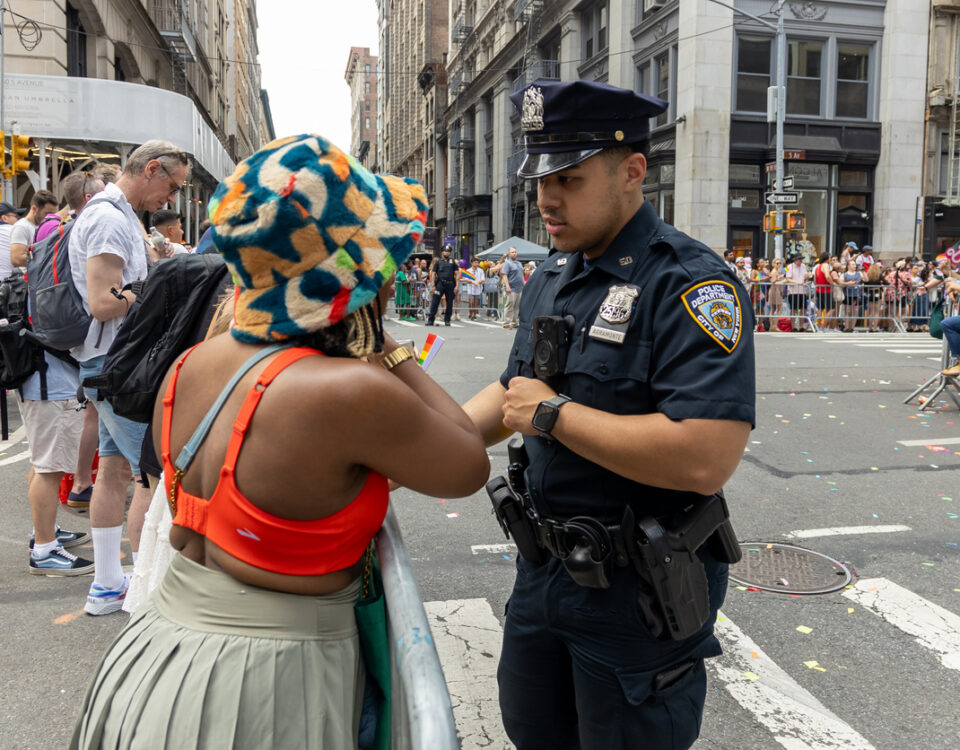The Qualities That Police Officers Should Have

Excelling as a Special Education Teacher
August 8, 2022
How Public Officials Can Deal with Threats
August 22, 2022The Qualities That Police Officers Should Have
Police officers are integral members of their community, and can provide a vital role daily while changing lives and upholding a code. In addition to protecting citizens and preventing harm, they bear the responsibility of representing their department. It is a responsibility that they must accept with a sincere commitment — a commitment to maintaining the qualities that exemplify effective law enforcement.
Basic Traits That Police Officers Should Exemplify
Essential traits such as honesty and loyalty are the foundation of such service, but police officers must go beyond the bare minimum and cultivate characteristics such as the following five.
Commitment to Physical Fitness
Indeed, being a police officer is not as physically demanding as the work of a firefighter or emergency medical technician. Still, it can be a challenging role, and members of law enforcement must be ready for this possibility. It means that a commitment to physical fitness is imperative. Police often find themselves in volatile situations and must be prepared to exert physical force if and when necessary. The best way to maintain this ability is to stay in shape and retain a high muscle mass.
Basic Critical Thinking Skills Officers Should Have
In addition to situations that necessitate physical force, police are often in situations that demand critical discernment. In a domestic violence call, for example, it may not be clear who the victim is. Similarly, choosing the proper response when handling a juvenile offender is essential. To serve the community effectively, a police officer must possess critical thinking skills.
Strong Sense of Morality for Officers
An unwavering moral compass must be the foundation of every police officer’s actions. Law enforcement cannot be motivated by retribution or prejudice but must serve the community in pursuit of the greater moral good. It is minimizing harm to all citizens, acting morally upstanding, and helping community members at every opportunity.
Police Officers and Their Participation in the Community
Law enforcement is not always a welcome presence in a community. Sometimes an adversarial relationship may emerge due to perceived differences or unmet needs. To combat this problem, police officers must actively participate in their community — not just visiting enforcers. They should be involved in community events and forge genuine connections with their neighbors. It will cultivate goodwill and enable police to serve their communities more effectively.
Ability to Deescalate Conflict
An essential quality a police officer must have is the ability to deescalate conflict. It can be particularly challenging when faced with a violent or unpredictable person, but in tense situations, it is vital to have negotiation skills. Responding to violence with violence is often ineffective at best — and fatal at worst. Police must be well-versed in all forms of de-escalation, including verbal negotiation with hostile people and physical prevention of violent acts.
About PGUI
Professional Governmental Underwriters, LLC., is a full-service risk management company dedicated to assisting public, educational and non-profit entities in the management of their professional liability exposures including educators liability insurance. We are dedicated to providing state-of-the-art professional underwriting management and loss control advisory services on behalf of our designated carriers. For more information, call us toll-free at (800) 586-6502.


